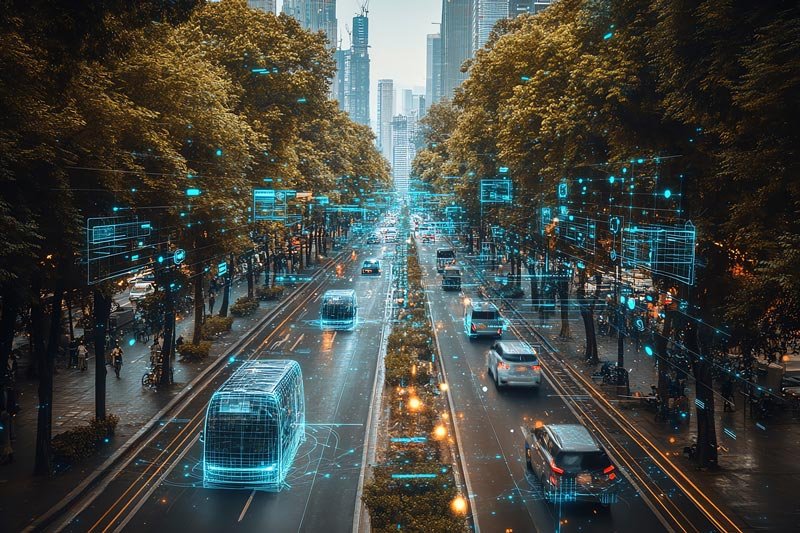AI (Artificial Intelligence) in travel
Lots of people are frightened of AI, but to me it’s just another invention, one that reminds me of when the pocket calculator was introduced.
For any GenZers or indeed, most of you reading this, that was in the 1970s. School pupils threw away their slide rules (Google it) and bought the latest Casio. A big debate started, with some saying kids wouldn’t learn to count, we’d forget how to use money, and we’d all go bankrupt.
They said we’d all be brainless morons within a decade. That didn’t happen. We had to wait for reality TV to help us with that one.
The same thing was said about personal computers; they would take our jobs away and have us wandering the streets aimlessly looking for something to do. What were we thinking? PCs multiplied productivity by 10.
Those who think AI is a bigger threat because it will replace people are nuts; what it will do is enable people to work faster, smarter and cheaper, which means product prices will go down. AI will benefit all; it’s not something that will be exploited by the few.
AI will also revolutionise travel, because it will enhance personalisation and transform the customer experience. In business travel it will see your diary and work out your meetings and optimum time for you to travel, giving you the best flight time and price, fitted around your social and family life, together with the business needs and those of the client.
It will help predict travellers’ needs before they arise and suggest itinerary changes if necessary, using weather, health alerts and local events. And it will help us make wise choices regarding our carbon impact.
When you travel, facial recognition will streamline check in at airports and hotels and airlines will offer access to lounges even if you don’t fly with them if AI identifies you as a good target market.
And when you meet clients, voice-based wearables will translate in one ear and bark instructions in the other on social niceties - like how you’re expected to take part in karaoke in Japan (on that one, remember, what goes on tour, stays on tour).
This all comes close to something in the pipeline from IATA called One Order. One Order enables a single Customer Order record, which means the gradual disappearance of multiple reservations as well as e-tickets, replacing them with one reference travel document. One Order will be a single access point for interline partners, distribution channels, ground handling agents and airport staff, among others.
AI though, will go many steps further; it will anticipate traveller needs before they arise. It will ensure your arrival at the airport car park is seamless and – one day – that the drone picks you up to deliver you to the aircraft door before you settle into your flight and catch up on the TV series AI knows you’ve been watching. These things are coming - and they won’t be driven by the software we currently have.
With AI, 98% of human error will evaporate. Hyper-personalised virtual assistants will book and reschedule your travel, backed by a Warm Response unit – another name for a team of human beings. Mix the two and I think it’s a perfect blend, because with a million more buying choices, clients need human guidance.
All this is on its way; domain names like AI Travel have already been registered. So think of AI as the new pocket calculator and don’t be scared. Just like the calculator, it’s something our kids will latch on to and show you how to use it. Unlike a calculator, you can’t turn it upside down and make rude words with the numbers, but it’s still going to change your life.

